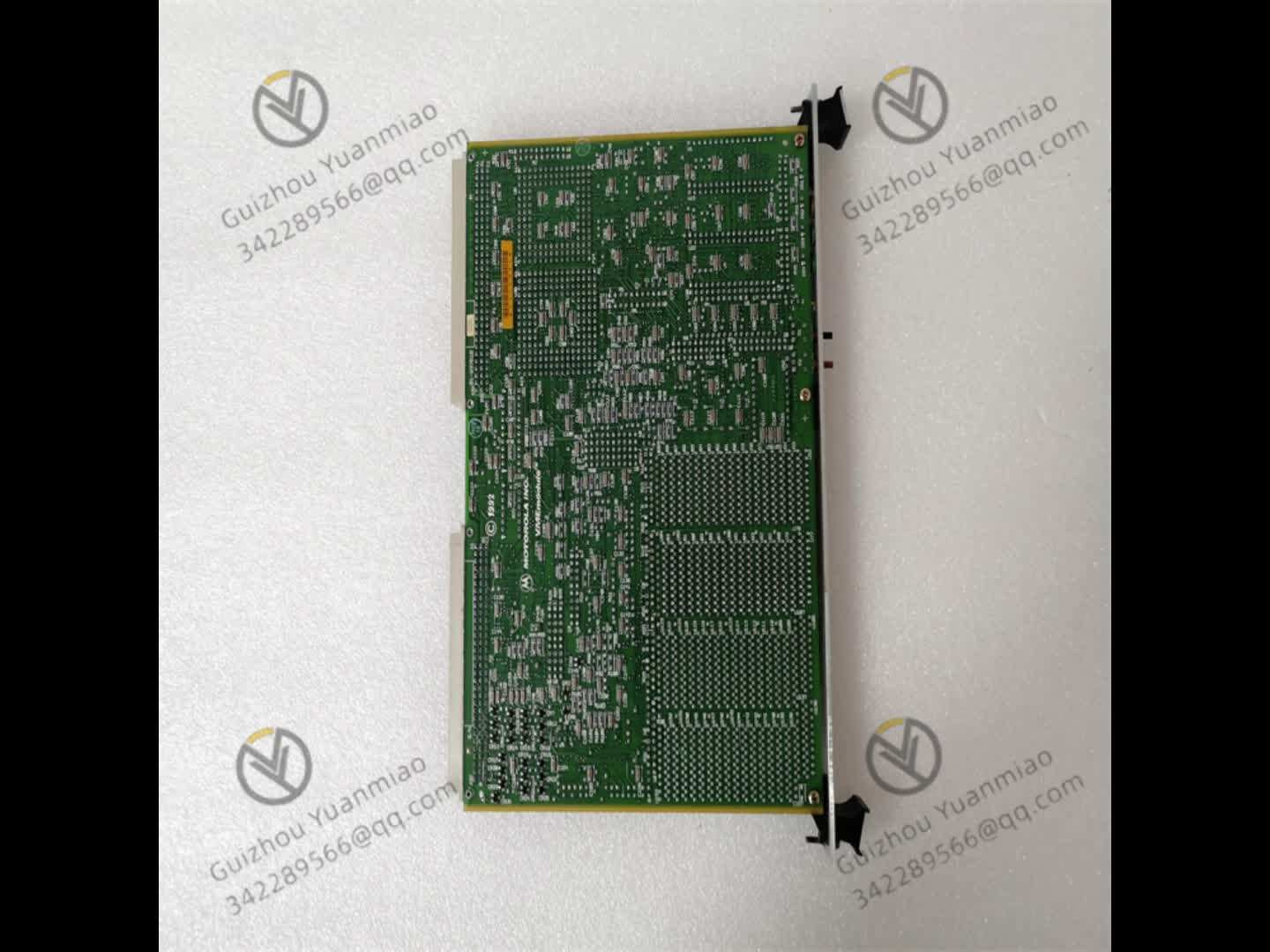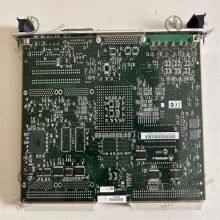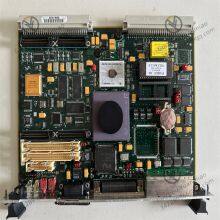MOTOROLA MVME162PA-242E processor module
I. Core Processor Architecture
II. Processor Performance Metrics
III. Comparison with Previous-Generation Processors

V. Performance Bottlenecks and Limitations


Send Inquiry to This Supplier
You May Also Like
-
MOTOROLA MVME162-410 CPU ControllerNegotiableMOQ: 1 Piece
-
MOTOROLA MVME162-403 Embedded ControllerNegotiableMOQ: 1 Piece
-
MOTOROLA MVME162-353 Embedded Controller ModuleNegotiableMOQ: 1 Piece
-
MOTOROLA MVME162-262 Dual-height VME Controller ModuleNegotiableMOQ: 1 Piece
-
MVME162-220 MOTOROLA Single-board Computer Series ModuleNegotiableMOQ: 1 Piece
-
MOTOROLA MVME1603-042 Industrial Computer ModuleNegotiableMOQ: 1 Piece
-
Motorola MVME172-260 High-performance VMEbus Single-board ComputerNegotiableMOQ: 1 Piece
-
MVME147-010 MOTOROLA Dual-height VME ModuleNegotiableMOQ: 1 Piece
-
I/O Module IPMC761-001 MOTOROLANegotiableMOQ: 1 Piece
-
MOTOROLA CPU3640 FLN3524A Industrial Grade Remote Terminal Unit (RTU)NegotiableMOQ: 1 Piece











































